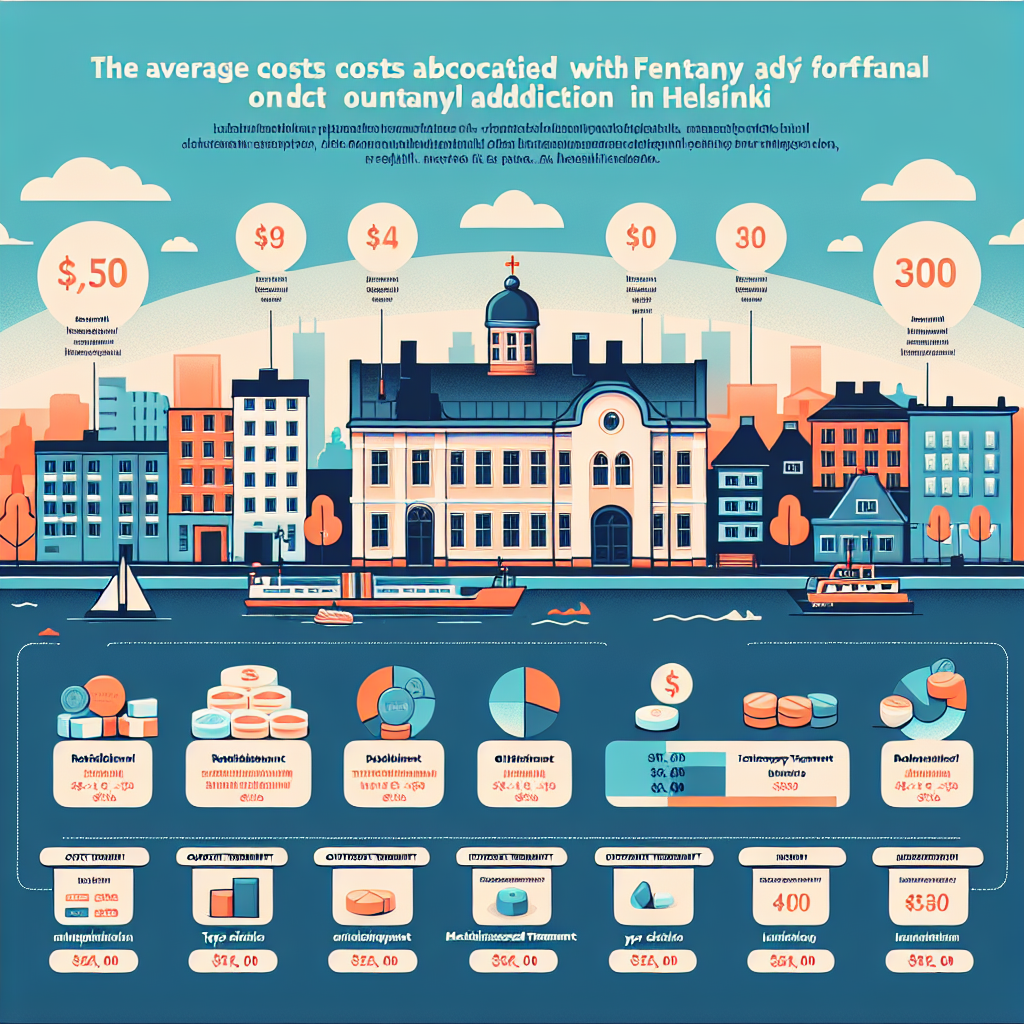-
Table of Contents
“Outpatient Treatment: A Pathway to Heroin Addiction Recovery.”
Introduction
Outpatient treatment can be an effective approach for heroin addiction recovery, offering a flexible and less restrictive alternative to inpatient programs. This form of treatment allows individuals to receive professional support and therapy while continuing to live at home and maintain their daily responsibilities, such as work or school. Outpatient programs typically include a combination of individual counseling, group therapy, medication-assisted treatment, and other supportive services designed to address the physical, psychological, and social aspects of addiction. By providing a structured yet adaptable framework, outpatient treatment can help individuals build coping skills, develop a strong support network, and achieve long-term recovery from heroin addiction.
Benefits Of Outpatient Treatment For Heroin Addiction Recovery
Outpatient treatment for heroin addiction recovery offers a range of benefits that can significantly enhance the journey toward sobriety. One of the most compelling advantages is the flexibility it provides. Unlike inpatient programs, which require individuals to reside at a treatment facility, outpatient treatment allows patients to maintain their daily routines and responsibilities. This flexibility is particularly beneficial for those who have work, school, or family obligations that cannot be put on hold. By integrating treatment into their everyday lives, individuals can apply the coping strategies and skills they learn in real-time, fostering a more seamless transition to a drug-free lifestyle.
Moreover, outpatient treatment often proves to be more cost-effective than inpatient care. The financial burden of addiction treatment can be a significant barrier for many individuals seeking help. Outpatient programs typically cost less because they do not include the expenses associated with room and board. This affordability can make treatment accessible to a broader range of people, ensuring that financial constraints do not impede the path to recovery. Additionally, many outpatient programs accept insurance, further alleviating the financial strain on patients and their families.
Another notable benefit of outpatient treatment is the strong support network it fosters. Patients in outpatient programs often participate in group therapy sessions, where they can connect with others who are facing similar challenges. This sense of community can be incredibly empowering, as it helps individuals realize they are not alone in their struggles. Sharing experiences and insights with peers can provide emotional support and encouragement, which are crucial components of the recovery process. Furthermore, outpatient programs often involve family therapy sessions, helping to rebuild and strengthen relationships that may have been strained by addiction.
The continuity of care offered by outpatient treatment is another significant advantage. Patients can receive ongoing support and monitoring, which is essential for long-term recovery. Regular check-ins with healthcare providers ensure that any emerging issues are promptly addressed, reducing the risk of relapse. This continuous care model also allows for adjustments to be made to the treatment plan as needed, ensuring that it remains effective and responsive to the individual’s evolving needs.
In addition to these practical benefits, outpatient treatment can also contribute to a sense of empowerment and self-efficacy. By actively participating in their recovery while managing their daily lives, individuals can build confidence in their ability to overcome addiction. This empowerment is a critical factor in sustaining long-term sobriety, as it reinforces the belief that recovery is achievable and within their control.
Furthermore, outpatient treatment often incorporates a holistic approach to recovery, addressing not only the physical aspects of addiction but also the psychological, emotional, and social dimensions. This comprehensive approach can include individual therapy, cognitive-behavioral therapy, medication-assisted treatment, and complementary therapies such as mindfulness and exercise. By addressing the multifaceted nature of addiction, outpatient programs can help individuals develop a well-rounded and robust foundation for lasting recovery.
In conclusion, outpatient treatment for heroin addiction recovery offers numerous benefits that can significantly enhance the chances of successful, long-term sobriety. The flexibility, cost-effectiveness, strong support networks, continuity of care, and holistic approach all contribute to a comprehensive and empowering recovery experience. By choosing outpatient treatment, individuals can take proactive steps toward reclaiming their lives and achieving lasting freedom from addiction.
Comparing Outpatient And Inpatient Treatment For Heroin Addiction Recovery
When considering the best approach to heroin addiction recovery, the debate between outpatient and inpatient treatment often arises. Both methods have their unique advantages and challenges, and understanding these can help individuals make informed decisions about their recovery journey. Outpatient treatment, in particular, has garnered attention for its flexibility and accessibility, but can it truly be effective for heroin addiction recovery?
To begin with, outpatient treatment allows individuals to maintain their daily responsibilities while receiving care. This can be particularly beneficial for those who have work, school, or family obligations that they cannot abandon. Unlike inpatient treatment, which requires a residential stay, outpatient programs offer the opportunity to attend therapy sessions and medical appointments while continuing to live at home. This continuity can provide a sense of normalcy and stability, which is often crucial for those in recovery.
Moreover, outpatient treatment can be more cost-effective than inpatient care. Inpatient programs typically involve higher costs due to the need for accommodation, meals, and round-the-clock supervision. For many, the financial burden of inpatient treatment can be a significant barrier to seeking help. Outpatient programs, on the other hand, tend to be less expensive, making them a more accessible option for a broader range of individuals.
However, the effectiveness of outpatient treatment for heroin addiction recovery largely depends on the individual’s level of commitment and the support system they have in place. Heroin addiction is a complex and challenging condition that often requires intensive intervention. Outpatient programs can provide comprehensive care, including medication-assisted treatment (MAT), counseling, and behavioral therapies. These components are essential for addressing the physical and psychological aspects of addiction.
Transitioning from the benefits to the potential challenges, it is important to acknowledge that outpatient treatment may not be suitable for everyone. Individuals with severe addiction or those who lack a stable and supportive home environment may struggle with the demands of outpatient care. The temptation to use heroin can be overwhelming, and without the structured environment of an inpatient facility, some may find it difficult to stay on track.
Nevertheless, many have found success with outpatient treatment by leveraging strong support networks and utilizing available resources. Support groups, such as Narcotics Anonymous, can provide a sense of community and accountability. Additionally, family and friends play a crucial role in offering encouragement and understanding throughout the recovery process. For those who are highly motivated and have a robust support system, outpatient treatment can be a viable and effective option.
Furthermore, advancements in telehealth have expanded the reach of outpatient care. Virtual therapy sessions and online support groups have made it easier for individuals to access the help they need, regardless of their location. This increased accessibility can enhance the effectiveness of outpatient programs by providing consistent and convenient support.
In conclusion, while outpatient treatment for heroin addiction recovery presents certain challenges, it also offers significant benefits that can make it a suitable option for many individuals. The key to success lies in the individual’s commitment to their recovery, the strength of their support system, and the quality of the outpatient program they choose. With the right combination of these factors, outpatient treatment can indeed work for heroin addiction recovery, offering hope and a path to a healthier, drug-free life.
Q&A
1. **Can outpatient treatment be effective for heroin addiction recovery?**
Yes, outpatient treatment can be effective for heroin addiction recovery, especially when it includes comprehensive services such as medication-assisted treatment (MAT), counseling, and behavioral therapies.
2. **What are the benefits of outpatient treatment for heroin addiction?**
The benefits of outpatient treatment for heroin addiction include the ability to maintain daily responsibilities like work or school, lower costs compared to inpatient treatment, and the opportunity to apply learned coping strategies in real-world settings.
Conclusion
Outpatient treatment can be effective for heroin addiction recovery, particularly for individuals with strong social support, stable living conditions, and a high level of motivation. It offers flexibility, allowing patients to maintain daily responsibilities while receiving therapy, medication-assisted treatment, and support services. However, its success often depends on the severity of the addiction and the individual’s commitment to the program. For some, more intensive inpatient treatment may be necessary to achieve and maintain sobriety.



